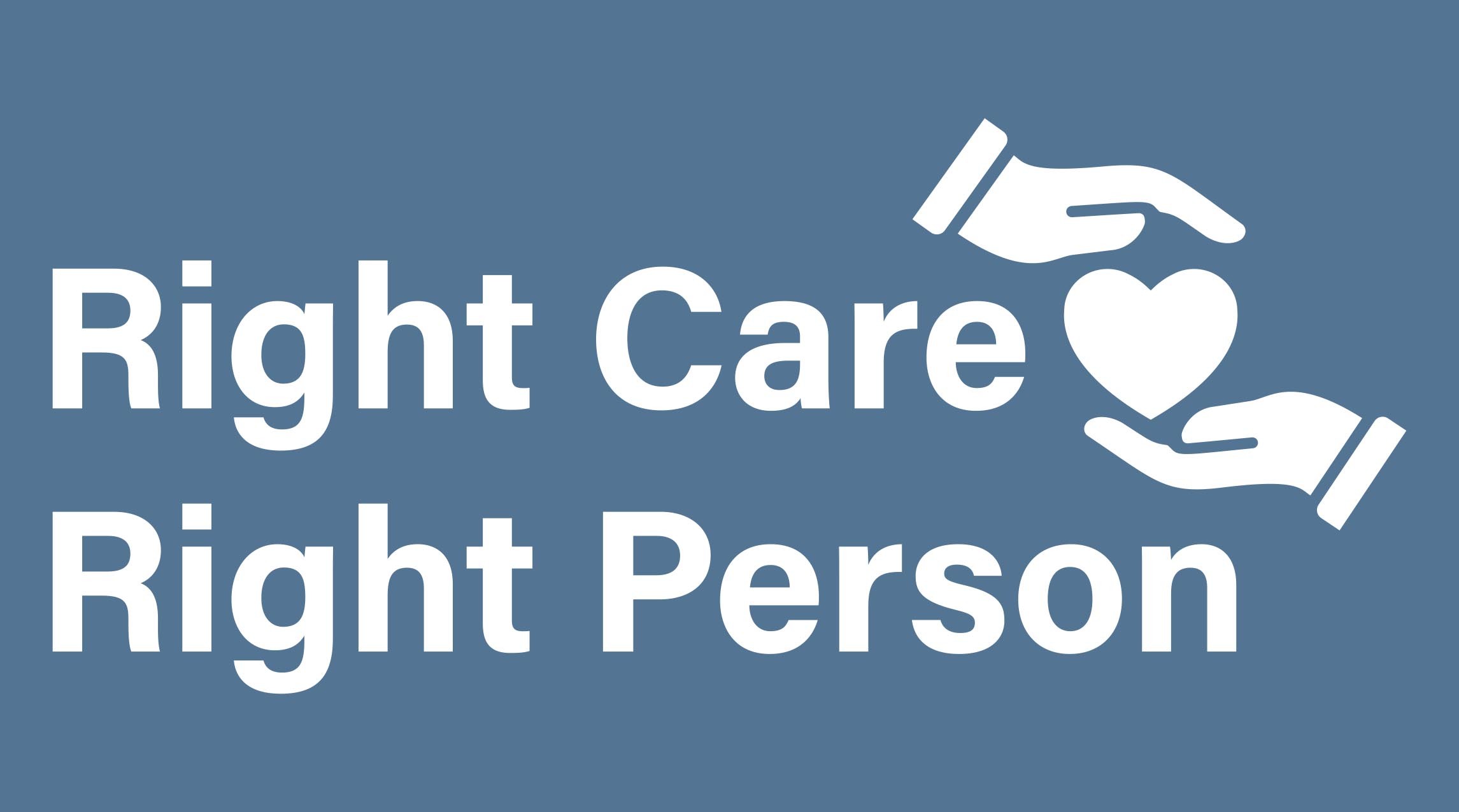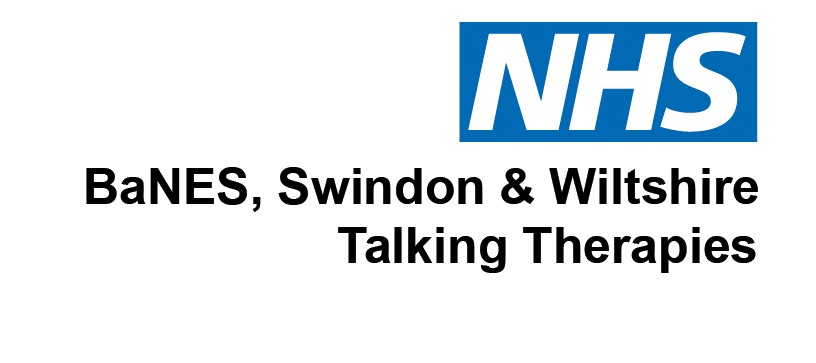Publish date: 11 October 2024
Wiltshire Police and partner agencies are continuing with a roll-out of a national model which aims to ensure vulnerable people get the right support from the right agency when they need it.
The first phase of Right Care Right Person was introduced in the Wiltshire Police area in April this year and a second final phase relating to medical incidents will be implemented from Monday 14 October.
Wiltshire Police Head of Contact Management Superintendent David Minty said: “Right Care Right Person is focused on giving the most appropriate and beneficial care to members of our communities. There are circumstances where our partners in other agencies are best placed to offer support to vulnerable people.
“Wiltshire Police and our partner agencies already have close working relationships and protocols in place, what Right Care Right Person helps provide is a nationally recognised model and decision-making toolkit to ensure people receive the most appropriate care.”
Right Care Right Person will not stop the police attending incidents where there is a threat to life or risk of immediate serious harm to an individual. We have a duty to protect our communities and we will continue to do so.
This first phase rolled out in April applies to calls for service about concern for the welfare of a person, those who have walked out of a healthcare setting and people who are absent without leave (AWOL) from mental health services.
The second phase being implemented from Monday 14 October covers medical incidents - where a member of the public or partner agency requests police to attend a medical incident or medical incidents where police are already present. This includes mental health and physical health conditions.
Areas the Right Care Right Person medical phase implementation relates to includes:
- Police will not attend calls to incidents when they are identified as a medical issue unless there is also a policing need identified, for example if required to support with a road closure or violence reported at the scene;
- Police will not generally transport patients as they are not suitably trained or have appropriate vehicles;
- Section 135 and 136 of the Mental Health Act - relating to when police officers are required to detain an individual if they are deemed at risk of harming themselves or others. Well-established processes are already in place in regard to this and will continue.
The Right Care Right Person framework was first developed by Humberside Police following an increase in health related calls that did not fall within the core responsibilities of policing. A national partnership agreement has since been signed at ministerial level for Right Care Right Person to be rolled out across all police areas.
Mathew Page, Chief Operating Officer at Avon and Wiltshire Mental Health Partnership NHS Trust said: “We have been working closely with Wiltshire Police for a long time, and that is continuing with the ongoing rollout of Right Care Right Person across the district. It is right and appropriate that we work together to ensure that we recognise where the support of police is required.”
A spokesperson for the South Western Ambulance Service NHS Foundation Trust (SWASFT), said: “Wiltshire Police have taken a positive and collaborative approach to the implementation of Right Care Right Person. We continue to work closely with them, to monitor any impact, and to help keep patients’ and our peoples’ safety at the forefront of discussions.”
Gill May, Chief Nurse, Bath and North East Somerset, Swindon and Wiltshire Integrated Care Board, said: “A mental health crisis is every bit a medical emergency as a severe physical injury, and it’s only right that vulnerable people in these challenging situations are cared for appropriately and in environments that can ensure their wellbeing is maintained.
“The NHS has a close working relationship with local police colleagues, and we will continue to work together to ensure the Right Care Right Person programme is implemented safely and securely.”










